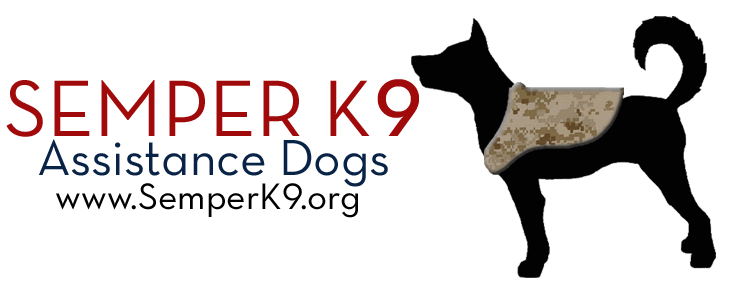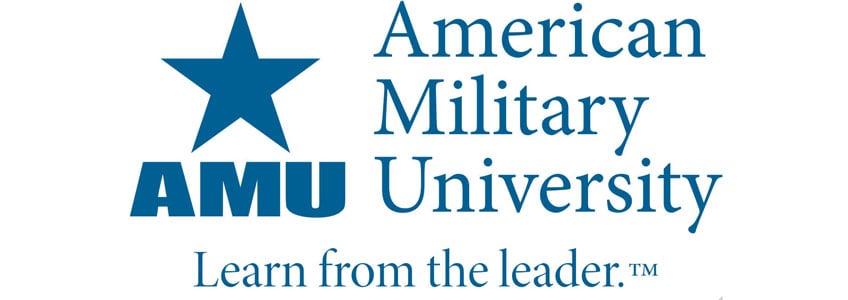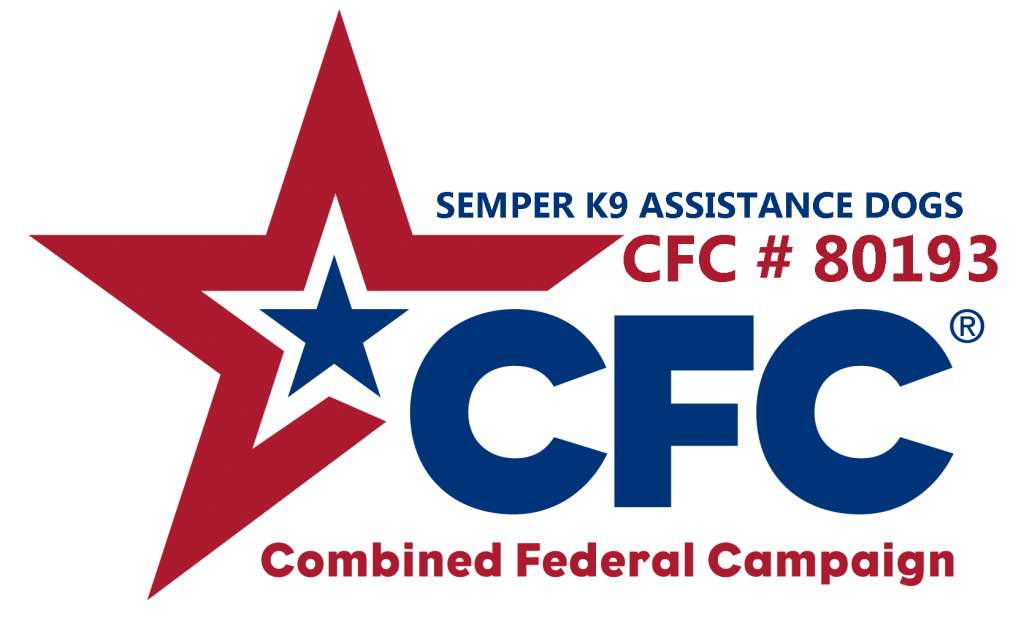Semper K9 Partners with American Military University for Post Traumatic Growth Study
Research Study for Veterans: Veterans’ Experience of Post Traumatic Growth through Service Animal Therapy
AMU/APU Post Traumatic Growth Study Sign Up
The purpose of this research study is to explore your experience of healing from trauma suffered while on active duty. We are interested in learning how you have coped positively and moved forward from the trauma through the partnership of the human-animal bond.
Researchers at American Military Public University include a veteran of the Gulf War whose husband is also a veteran and a recipient of a service dog. Our goal is to document those experiences of healing and growth in veterans, what we call “Post-Traumatic Growth, through the intervention of service animals, specifically dogs. As a research group we feel strongly that our country is indebted to you and the great service and sacrifice you have given.
The lead researcher is Dr. Stephen Juaire, Associate Professor, Sport and Health Sciences.
Our research team includes Dr. Sharon Flowers from the psychology program. Sharon served in Desert Shield/Storm. She was also an Inspector General for the Army during the Iraq and Afghanistan operations, and as a result, was frequently in and out of the area of operations. Her husband is a 30 year Army veteran and has recently been approved to receive a service dog. Sharon’s dissertation research focused on Post Traumatic Growth Theory and Trauma.
Dr. Lisa Miller, Full Professor Sport and Health Sciences rounds out our reach team.
This study is an attempt to understand the benefits and opportunities service animals bring to our veterans in hopes that this data will ultimately be followed by increased understanding and funding.
Our researchers are interested in talking with individuals:
- who have used service animals as a component of their therapy, and
- those who have not used service animals in their therapy
Participation in this research is completely voluntary and would include an initial 15-20 minute phone call followed by a 1-hour phone interview. If you would be willing to share your experiences, please complete the form above.
Research summary: After reviewing reports and studies of PTSD healing efforts, detachment from trauma experienced on active duty may be a key outcome of animal therapy. The need for study here is great, and further research is necessary. The purpose of this research study is to explore the veteran’s experiences of healing from trauma suffered while on active duty. We are interested in learning how veterans have coped positively and moved forward from this trauma through the partnership of the human-animal bond.
We will investigate the effects of animal therapy, specifically service dogs, on veterans diagnosed with PTSD.
Hypothesis: Animal therapy will produce greater growth in Psychological Well-Being for PTSD veterans when compared to traditional therapy. Our goal is to document those experiences of healing and growth in veterans, what is called “Post-Traumatic Growth, through the intervention of service animals, specifically dogs. The cost of training of a service dog can be as much as 25,000.00 each. Veterans diagnosed with PTSD wait, sometimes as long as a year for their service animal. During this time, many of our veterans suffer greatly and some commit suicide. In addition to expanding the research base, another very important goal of this research project is to expand the understanding of this beneficial therapy and awareness of a need for additional funding of service dog training.
From a veteran’s commitment perspective, each subject would be asked to participate in an initial 5-10 minute introductory phone call followed by about a one-hour phone call where I administer the survey, asking a series of questions. Essentially, Tell me your story about healing and growth after trauma.
We are looking speak with veterans who have service animals and those who do not and have used traditional therapies that are Gul War era through Post 9/11.
The instrument used:
Psychological Well-Being Posttraumatic Growth Changes Questionnaire (dependent variable)
We will be using the PWB-PTCQ developed by Dr. Joseph as well as the PAQ, Physical Activity Questionnaire.
The PWB-PTCQ is a series of questions with a Likert like scale response of 1 – 5, 1 being low and 5 representing high agreement.
Researcher will simply read the question, explain or clarify as needed, and let the veteran provide a rating as well as the freedom to discuss, as they feel comfortable. No attempt will be made to “probe” from a why or therapy perspective.
Confidentiality: all data will be kept confidential by me and destroyed once the research project has been completed.




